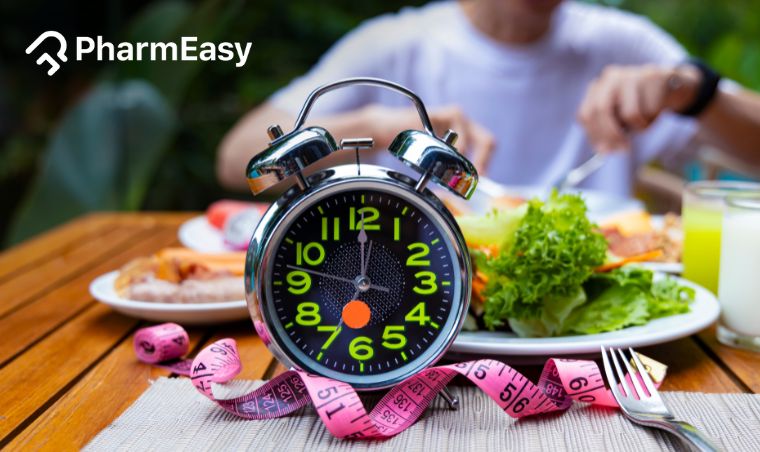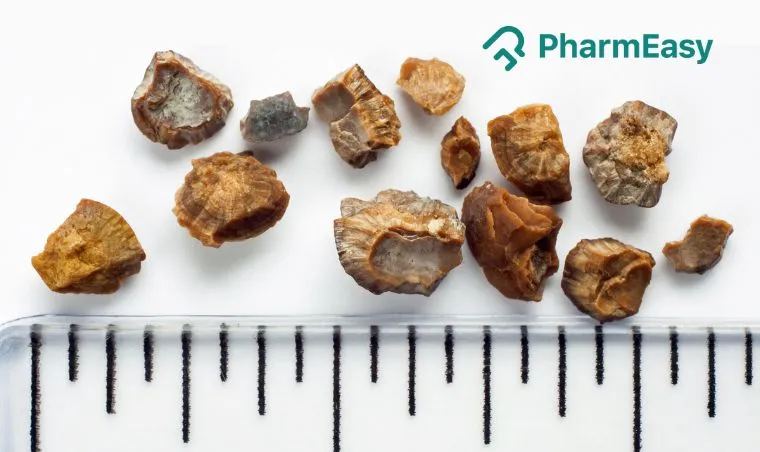Soranib Tablet
Description
Soranib Tablet is an anticancer medicine used for the treatment of advanced kidney cancer, liver cancer, and thyroid cancer. It works by blocking certain proteins and enzymes that promote the growth and spread of cancer cells. By interfering with these processes, Soranib helps slow down the progression of the disease and manage cancer-related symptoms.
It is important to take Soranib Tablet on an empty stomach, at the same time every day, exactly as prescribed by your doctor. The dosage and frequency are determined based on your condition, and it is essential not to alter the dose without consulting a medical professional. Taking the medicine incorrectly or in excess can increase the risk of serious side effects.
Some common side effects of Soranib Tablet include fatigue, nausea, loss of appetite, hair thinning, and diarrhoea. Patients may also experience high blood pressure while on this medicine, so regular blood pressure monitoring is recommended. Severe reactions, such as rashes, pain, swelling, or redness in the hands and feet, should be reported to your doctor immediately.
Before starting Soranib, inform your doctor about your complete medical history, including any heart, liver, kidney problems, or high blood pressure. It is also important to provide a full list of medications, supplements, or herbal products you are taking, as drug interactions may occur. This will help your doctor ensure your treatment is safe and effective.
Soranib Tablet is not recommended during pregnancy or breastfeeding. Both male and female patients should use effective contraception throughout the treatment to prevent pregnancy. Following your doctor’s instructions carefully, attending regular check-ups, and reporting any unusual symptoms promptly will help you achieve the best results while minimizing risks.
Product Summary
| Offer Price | ₹1290.92 |
| You Save | ₹1056.21 (45% on MRP) |
| Contains | Sorafenib(200.0 Mg) |
| Uses | Kidney cancer, liver cancer, and thyroid cancer |
| Side effects | Fatigue, nausea, loss of appetite, hair loss and diarrhea |
| Therapy | ANTI-NEOPLASTIC, DRUGS FOR CHRONIC IDIOPATHIC MYELOFIBROSIS |
Uses
Contraindications
Side effects
- Diarrhoea
- Nausea
- Vomiting
- Fatigue
- Pain (including mouth pain, abdominal pain, headache, bone pain, tumour pain)
- Hair loss (alopecia)
- Flushed or painful palms or soles (hand-foot skin reaction)
- Itching or rash
- Bleeding (including bleeding in the brain, gut wall, and airways)
- Hypertension
- Infections
- Loss of appetite (anorexia)
- Constipation
- Joint pain (arthralgia)
- Fever
- Weight loss
- Dry skin
Precautions and Warnings
Pregnancy
Breast Feeding
Driving
Alcohol
Other General Warnings
- You experience skin problems.
- You have high blood pressure.
- You have or have had an aneurysm (enlargement and weakening of a blood vessel wall) or a tear in a blood vessel wall.
- You have diabetes, and your blood sugar levels should be checked regularly.
- You have any bleeding problems, or are you taking warfarin or phenprocoumon.
- You have chest pain or heart problems, and your doctor may interrupt or stop treatment.
- You have a heart disorder, such as an abnormal electrical signal called "prolongation of the QT interval."
- You are going to have surgery or have had an operation recently.
- You are taking irinotecan or docetaxel (other cancer medicines).
- You are taking Neomycin or other antibiotics.
- You have severe liver impairment.
- You have poor kidney function.
- You have thyroid cancer.
- You experience nausea, shortness of breath, irregular heartbeat, muscular cramps, seizures, cloudy urine, and tiredness. These could be signs of a serious condition called Tumour lysis syndrome (TLS). Contact your doctor immediately....
Directions for Use
- Always take Soranib tablet exactly as your doctor has prescribed.
- Do not take this medicine with high-fat meals, as they may reduce the effectiveness of Soranib. If you plan to have a high-fat meal, take the tablets at least 1 hour before or 2 hours after the meal.
- Try to take the tablets at approximately the same time each day to maintain a steady level of the medicine in your blood.
Storage and disposal
- Keep this medicine out of the sight and reach of children.
- Store the medicine at a temperature below 30°C.
Quick Tips
- Take the medicine at the same time every day to maintain consistent drug levels.
- Do not crush, chew, or break the tablet; swallow it whole with a glass of water.
- Monitor your blood pressure regularly, as Soranib may cause hypertension.
- Report any unusual symptoms, such as rashes, swelling, redness, or severe diarrhea, to your doctor immediately.
- Use effective contraception during treatment if you are male or female of reproductive age.
- Keep all scheduled doctor appointments and lab tests to monitor the safety of your treatment.
- Avoid adjusting the dose yourself; follow the prescribed dosage strictly.
Dosage
Overdose
Missed a Dose
Mode of Action
How Does It Work?
Interactions
Interactions with other medicines
- Tell your doctor or pharmacist if you are taking, have recently taken, or might take any other medicines. This includes medicines you bought without a prescription.
- Specifically, tell your doctor if you are taking any of the following:
- Rifampicin, neomycin, or other antibiotics are used to treat infections.
- St John’s wort, a herbal treatment for depression.
- Phenytoin, carbamazepine, or phenobarbital, treatments for epilepsy and other conditions.
- Dexamethasone, a corticosteroid used for various conditions.
- Warfarin or phenprocoumon, anticoagulants used to prevent blood clots.
- Doxorubicin, capecitabine, docetaxel, paclitaxel, and irinotecan, which are cancer treatments.
- Digoxin, a treatment for mild to moderate heart failure.
- The effect of Sorafenib may be decreased if you are taking Neomycin or other antibiotics. Sorafenib may increase the side effects of irinotecan and docetaxel.
Interactions with food items
- Take Soranib on an empty stomach, at least 1 hour before or 2 hours after meals.
- Avoid high-fat meals before or after taking Soranib, as they may interfere with its absorption.
- Limit grapefruit or grapefruit juice, as it may interfere with the metabolism of the medicine.
- Stay hydrated and maintain a balanced diet to help reduce gastrointestinal side effects.
- Avoid alcohol, as it can increase the risk of liver-related side effects.
Content Details
Ravindra Ghongade
B. Pharm
Dr. Nikita Toshi
BDS (Bachelor of Dental Surgery), WHO FIDES member
Frequently Asked Questions (FAQs)
Q: What is Soranib Tablet used for?
Q: How should I take Soranib Tablet?
Q: What are the common side effects of Soranib Tablet?
References
Did you find this medicine information helpful?
Please rate your experience




















